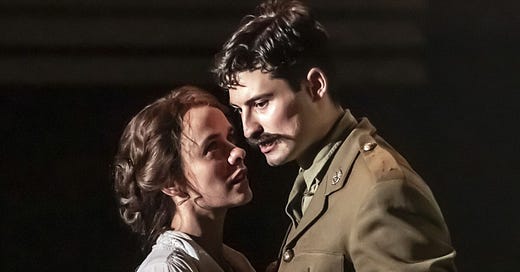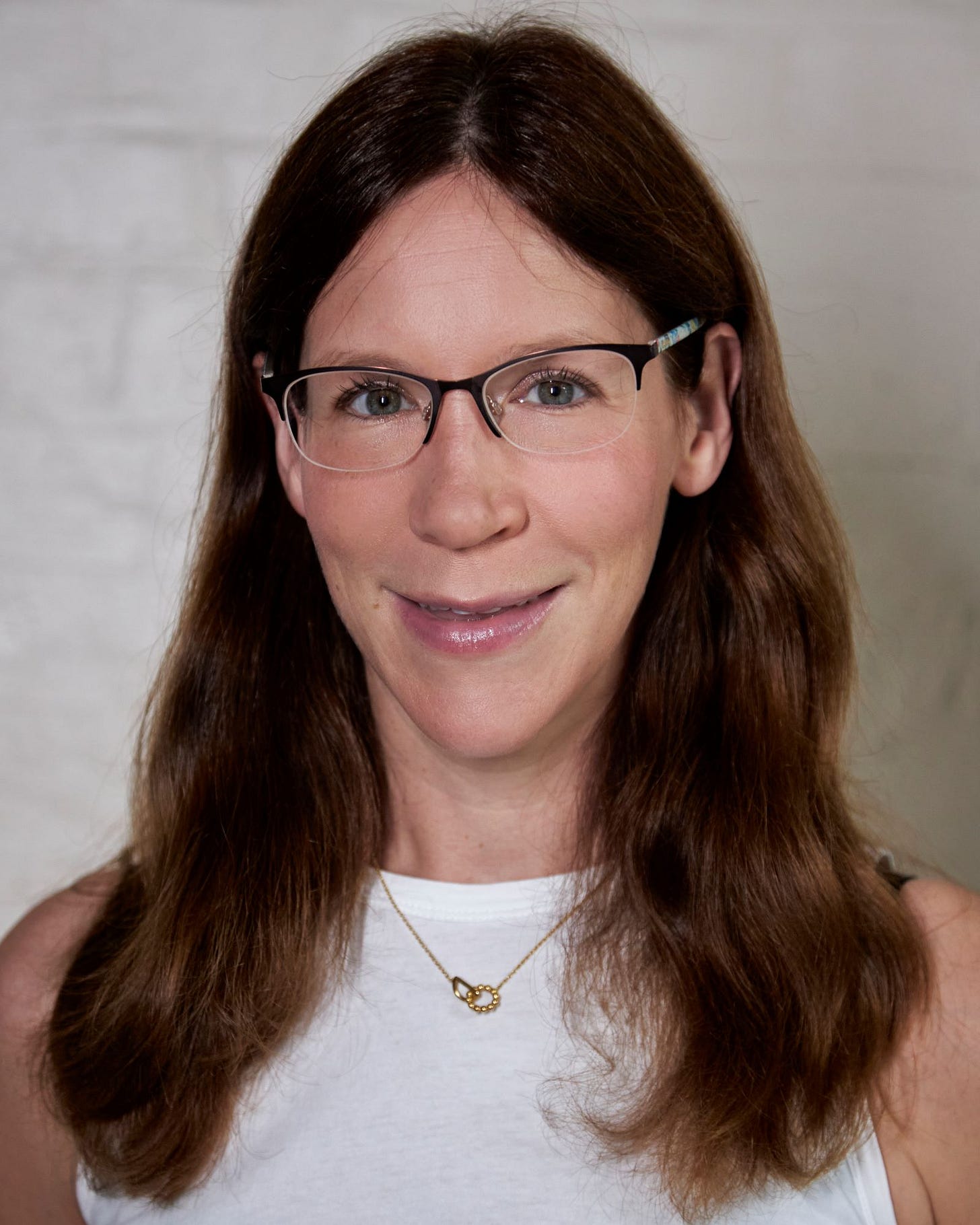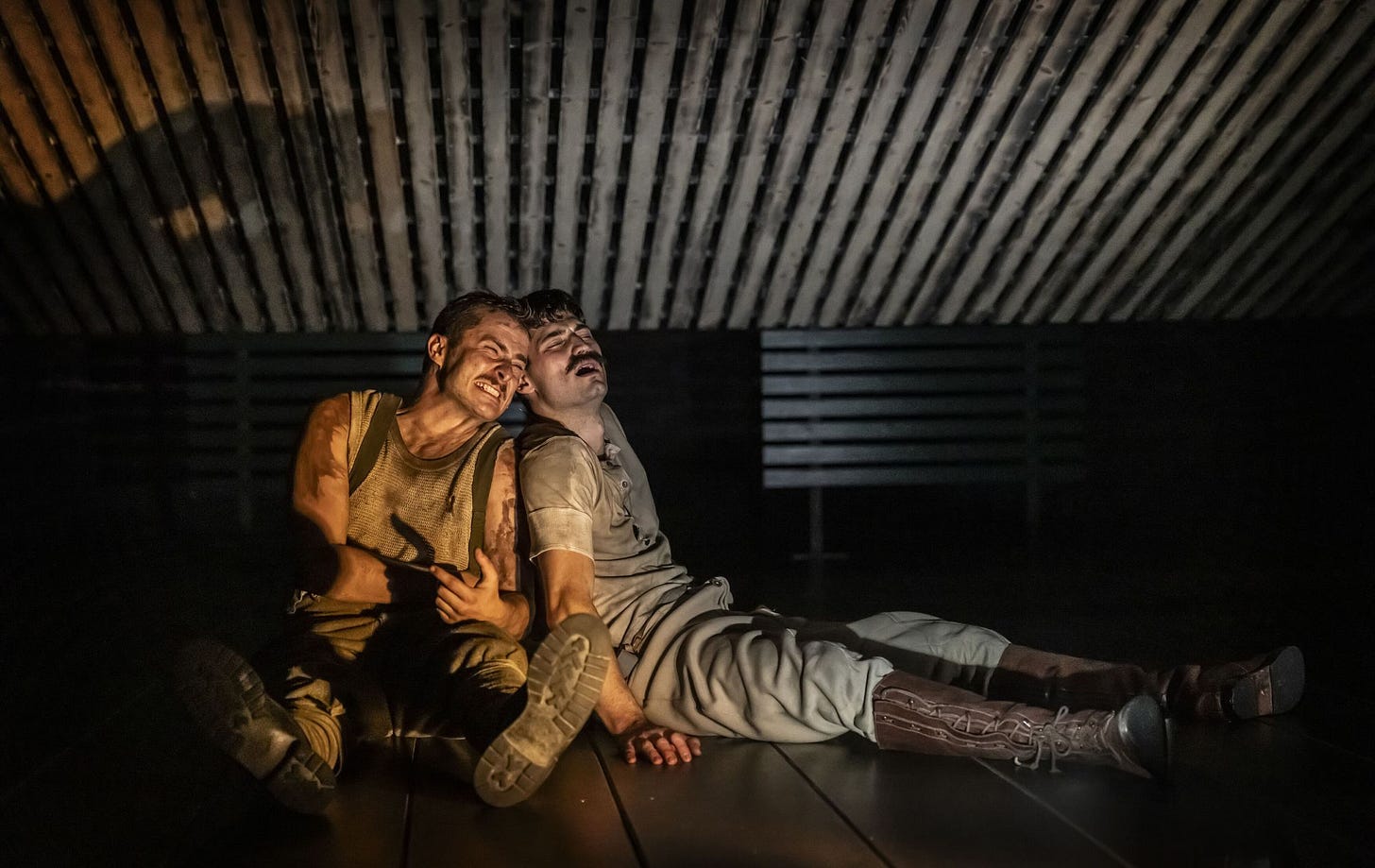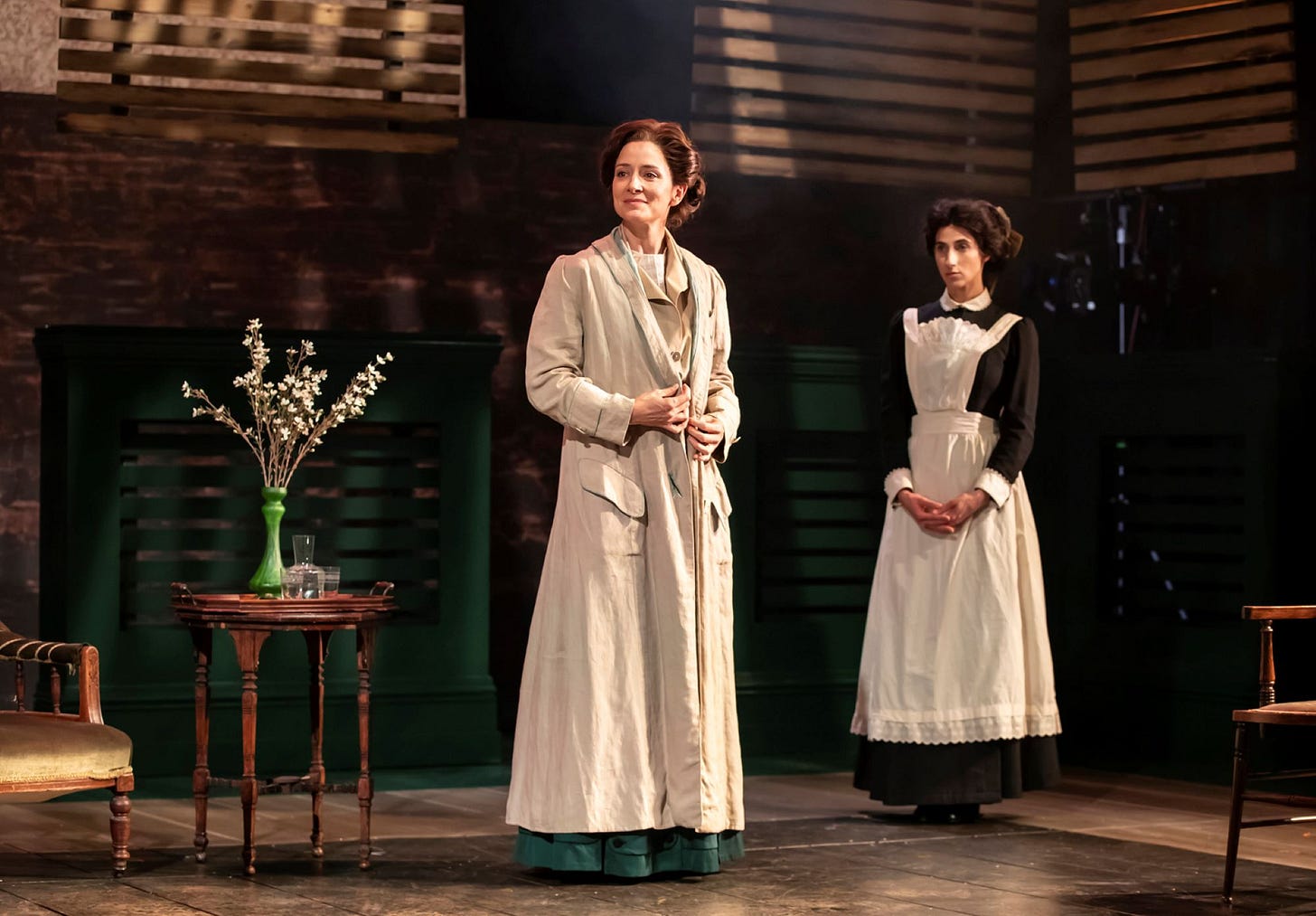Birdsong - a love story that has changed lives
Playwright Rachel Wagstaff tells how a bestseller went from page to stage
Rachel Wagstaff well remembers the day a schoolfriend gave her a copy of Birdsong as a 17th birthday present.
The novel changed the life of its author, Sebastian Faulks, its mega-selling success after publication in 1993 encouraging him to give up journalism and focus on writing fiction, which he has done with great success.
But it was to change Rachel’s life too, as she explains.
“I was an avid reader and devoured novels but this one blew me away. It moved me more than anything I’ve read before or since.
“And even then, at the age of 17, I could imagine it on the stage and thought I’d love to do it one day.”
Birdsong is a story which spans the decades, beginning with the illicit affair of a young Englishman, Stephen Wraysford, and Isabelle Azaire, a young Frenchwoman married to an older man.
It tells how the First World War changed their lives and we see it from their perspective and that of Stephen’s granddaughter, Elizabeth, who, in the 1970s, comes across his encrypted journals and seeks to uncover their secrets.
The Theatre Royal bills it as “an epic story of love and loss” and no-one who’s read the book would disagree.
How it moved from page to stage is Rachel’s story and that in itself is pretty extraordinary.
The teenager from Croydon – “mighty Croydon,” as she calls it with a jokey blend of pride and defiance – had become interested in the poetry and literature of the First World War and fancied becoming a writer.
“But I didn’t know any writers. Mum worked in a primary school and dad was a bus driver. I didn’t go to the theatre much but I loved it when I did go. Birdsong was life changing.”
At 17 she was reading the novel on the bus to school. At 23 she was writing to Sebastian Faulks to see if she could adapt it for the stage and sending him sample scenes for his appraisal.
What lay behind this act of precocity?
Rachel, clearly a smart cookie, went to the University of St Andrews to study English and Philosophy and while there became involved in the theatre scene.
She recalls: “I wasn’t a very good actor so got more involved in writing and directing. I started putting on lots of plays. I think Prince William (a St Andrews contemporary) came to one of them.
“But it was such a lovely thing to do and it dawned on me that it was a way of marrying up my great loves, writing and theatre.”
Instead of a dissertation she wrote a play called The Soldier, focusing on the last year in the life of Rupert Brooke, the famously handsome young poet who died in 1915 while on the way to fight at Gallipoli.
It was staged at the Edinburgh Fringe in 2004 and was a hit, rather surprising its creator.
“I remember sitting in the audience and seeing older ladies laughing and then crying. I found it astonishing that they were moved to tears by things I had basically made up.”
With a first-class degree under her belt, Rachel went to London to get top honours again after studying text and performance at RADA (Royal Academy of Dramatic Art).
So Sebastian Faulks wasn’t quite being asked to put his precious bestselling novel into the hands of a raw newbie and clearly this was somebody who shared his interest in the First World War.
They met and got on well.
“I’ve been lucky because he’s been very supportive,” says Rachel. “Novelists can be very protective of their work but it was always important to me that he liked the choices I made and he and his wife have become good friends over the years.”
Despite the ease with which its dramatic potential flew into her teenage mind, Rachel says she read and re-read Birdsong, underlining key passages and agonising over every character and every line.
Inevitably some would have to be excised from this complex story that she loved.
Rachel’s original stage version of Birdsong, directed by Sir Trevor Nunn, premiered in London in 2010 and ran in the West End.
Then it was reworked and revived in a new production by Alastair Whatley for Suffolk-based Original Theatre which toured to coincide with the centenary of the end of the First World War in 2018.
Despite all her other subsequent successes, including adaptations of Agatha Christie’s The Mirror Crack’d, co-adaptations of The Da Vinci Code and The Girl On The Train, and the book of the award-winning musical Flowers for Mrs Harris, Birdsong has stayed with Rachel.
“I think I first approached it in 2005, so 20 years ago now. How did that happen?
“I feel I’ve been working on it, on and off, ever since but it’s a book that has lived in my heart and come to mean so much to me.”
When Alastair Whatley approached her about a new production, her first reaction – so she says – was: “Yikes! Hasn’t everyone who wanted to see it seen it by now?”
But soon she and the director and Sebastian Faulks were sitting down together and raring to go again.
“I’ve always wanted it to be better than last time otherwise what’s the point?” she says.
“The production has always worked beautifully and the war scenes have been phenomenal but I felt we needed to build the love story.
“I was very young when I started out but I understand life a little better now so I re-wrote the first act and I’m much happier with it. I feel it’s finally become the way I always wanted it to be.”
As she says, though, you never really know how well you’ve done until you lay something before an audience.
So far, so good. Rachel sat in on the first performance late last year in Salisbury – rather nervously, you’d imagine – and again saw an audience moved to tears.
One woman in particular stuck in her mind. A complete stranger, she turned to Rachel tearfully to exclaim: “Isn’t this wonderful? Don’t you think it’s the best thing you’ve ever seen?”
What more could a writer wish for?
Birdsong, with a cast including James Esler as Stephen Wraysford, Charlie Russell as Isabelle Azaire and Max Bowden as miner-turned-soldier Jack Firebrace, runs from January 21 to 25. Tickets from the Theatre Royal website or call the box office on 0191 232 7010.








